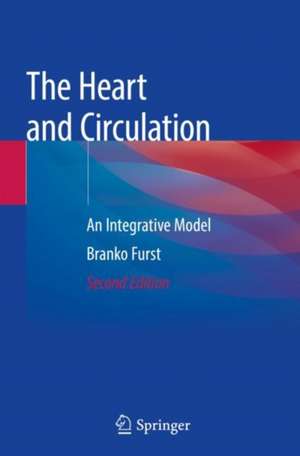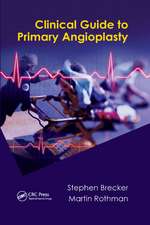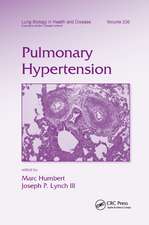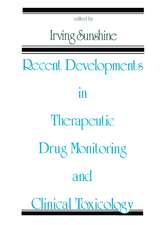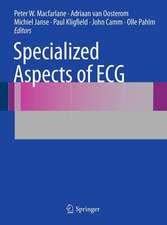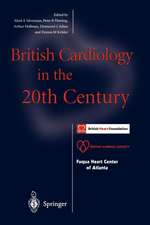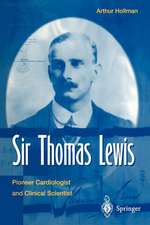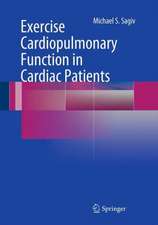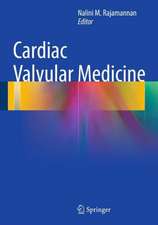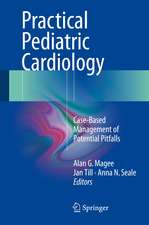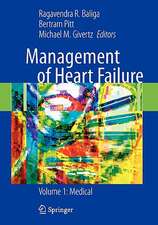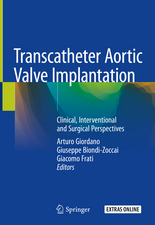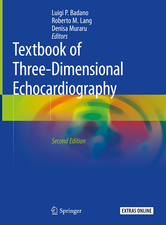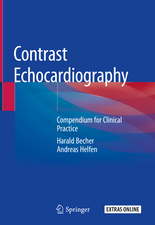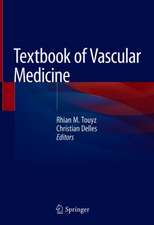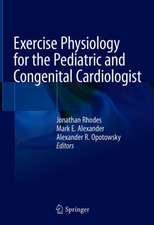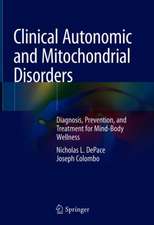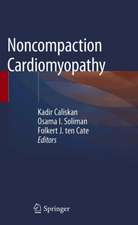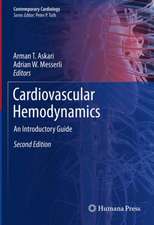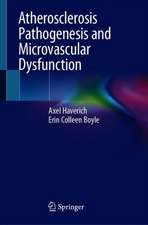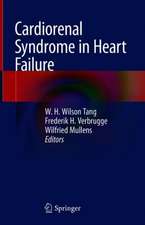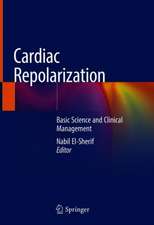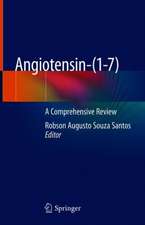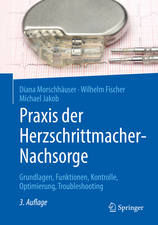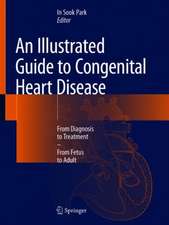The Heart and Circulation: An Integrative Model
Autor Branko Fursten Limba Engleză Paperback – 24 dec 2020
Heart and Circulation offers a new perspective for deeper understanding of the human cardiovascular system. It is therefore a thought-provoking resource for cardiologists, cardiac surgeons and trainees interested in models of human circulation.
| Toate formatele și edițiile | Preț | Express |
|---|---|---|
| Paperback (1) | 735.03 lei 38-45 zile | |
| Springer International Publishing – 24 dec 2020 | 735.03 lei 38-45 zile | |
| Hardback (2) | 996.54 lei 38-45 zile | |
| Springer International Publishing – 9 dec 2019 | 996.54 lei 38-45 zile | |
| SPRINGER LONDON – 22 aug 2013 | 1102.31 lei 6-8 săpt. |
Preț: 735.03 lei
Preț vechi: 773.71 lei
-5% Nou
Puncte Express: 1103
Preț estimativ în valută:
140.64€ • 146.85$ • 116.40£
140.64€ • 146.85$ • 116.40£
Carte tipărită la comandă
Livrare economică 31 martie-07 aprilie
Preluare comenzi: 021 569.72.76
Specificații
ISBN-13: 9783030250645
ISBN-10: 3030250644
Pagini: 376
Ilustrații: XL, 376 p. 136 illus., 105 illus. in color.
Dimensiuni: 155 x 235 mm
Greutate: 0.75 kg
Ediția:2nd ed. 2020
Editura: Springer International Publishing
Colecția Springer
Locul publicării:Cham, Switzerland
ISBN-10: 3030250644
Pagini: 376
Ilustrații: XL, 376 p. 136 illus., 105 illus. in color.
Dimensiuni: 155 x 235 mm
Greutate: 0.75 kg
Ediția:2nd ed. 2020
Editura: Springer International Publishing
Colecția Springer
Locul publicării:Cham, Switzerland
Cuprins
Embryonic Circulation.- The Onset of Circulation.- Hemodynamics of the Early Embryo.- Flow Patterns in the Early Embryo Circulation.- Is There a Circulation Without a Heart.- The Embryo Heart Is Not a Peristaltic Pump.- Flow Perturbation Experiments.- Heart Rate Perturbations.- The Heart as Generator of Pressure.- Ventriculo-Vascular Interaction.- A Brief Comparative Phylogeny.-Evolutionary Aspect of the Rhythmic System.- Functional Morphology of the Heart.- Regulation of Cardiac Output.- Circulatory and Respiratory Functions of the Blood.- Models of the Heart.- Cardiovascular Response During Exercise.- Hemodynamic Effects of Aortic Occlusion.- Increased Pulmonary Flows.- Single-Ventricle Physiology.- Blood as an Organ.- Microcirculation.- Arterial Pulse.- Circulation in Upright Posture.- Integrative Model of Circulation.
Recenzii
Notă biografică
Branko Furst, MD, FFARCSI is a graduate of the University of Ljubljana School of Medicine, Slovenia and completed residency in anesthesiology at the Queen Alexandra Hospital in Portsmouth and at the Middlesex Hospitals in London, UK. In 1987 he joined the faculty at the Department of Anesthesiology at Texas Tech University Medical School in El Paso, TX. Currently he is Professor of Anesthesiology at Albany Medical College, Albany, NY and divides his time between clinical practice, research, and resident teaching. He has lectured on the integrative model of circulation nationally and internationally.
Textul de pe ultima copertă
This extensively revised second edition traces the development of the basic concepts in cardiovascular physiology in light of the accumulated experimental and clinical evidence. It considers the early embryonic circulation, where blood circulation suggests the existence of a motive force, tightly coupled to the metabolic demands of the tissues. It proposes that rather than being an organ of propulsion, the heart, serves as an organ of control, generating pressure by rhythmically impeding blood flow. New and expanded chapters cover the arterial pulse, circulation in the upright posture, microcirculation and functional heart morphology.
Heart and Circulation offers a new perspective for deeper understanding of the human cardiovascular system. It is therefore a thought-provoking resource for cardiologists, cardiac surgeons and trainees interested in models of human circulation.
Heart and Circulation offers a new perspective for deeper understanding of the human cardiovascular system. It is therefore a thought-provoking resource for cardiologists, cardiac surgeons and trainees interested in models of human circulation.
Caracteristici
Presents a coherent model addressing the controversies and future developments in basic science circulatory research and clinical cardiology Defines the inconsistencies of the commonly accepted pressure-propulsion model of circulation Provides evidence for a new circulation model with the potential to change the way in which we think about circulation radically? Proposes an integrative model of circulation Covers new developments in microcirculatory research Possesses new chapters covering the arterial pulse and circulation in the upright posture
